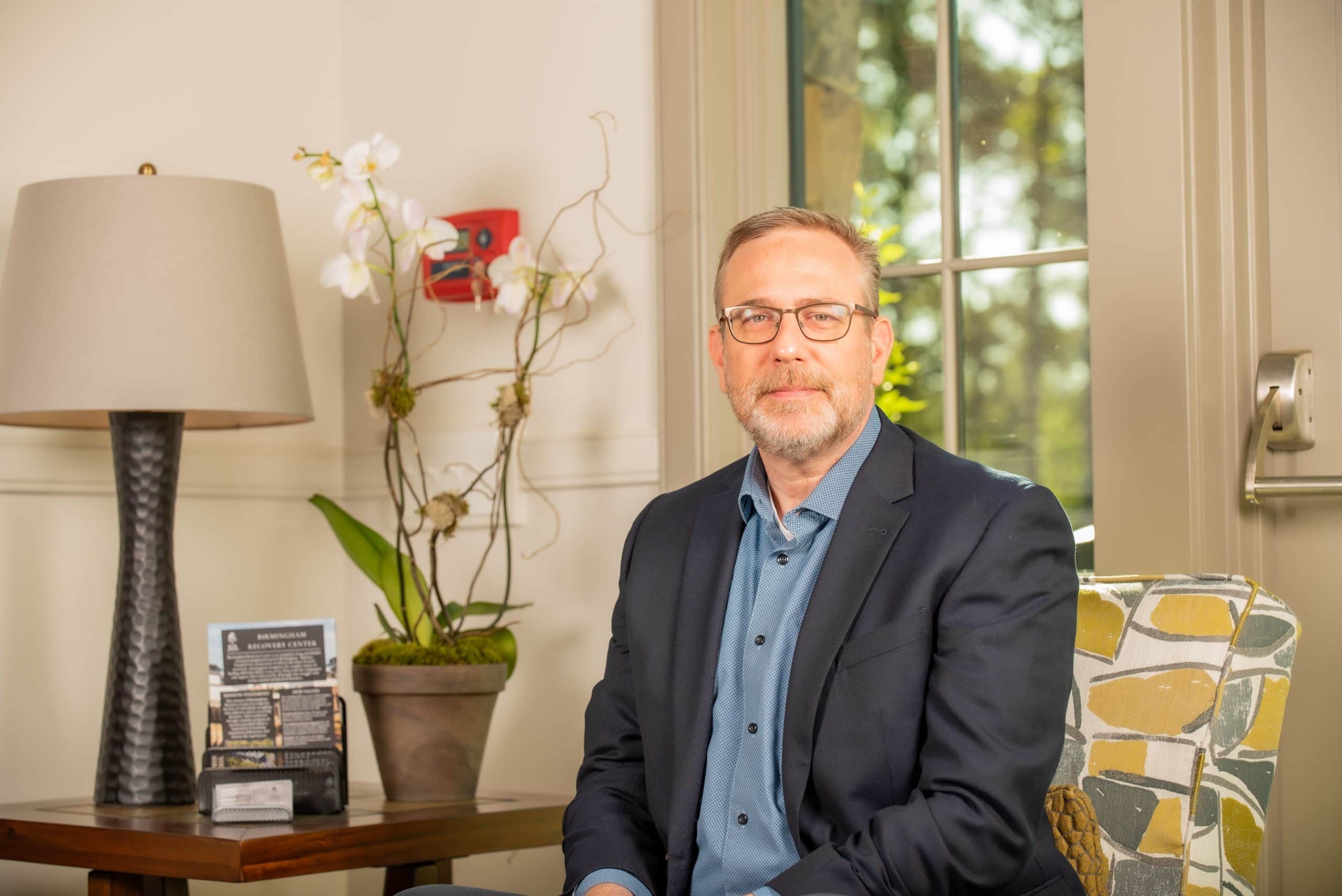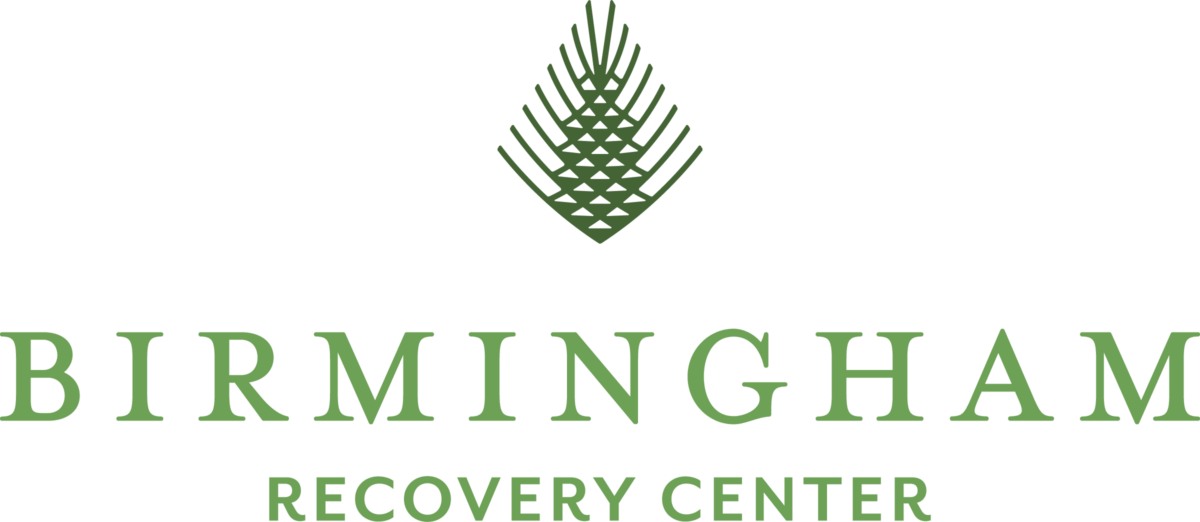When you or a loved one enters addiction treatment, it affects the whole family. Addiction counselors understand this, which is why many facilities offer family programming as part of their approach. As you consider treatment options, look for a program that actively involves families and helps equip them to support recovery. Here’s why family participation can make all the difference.
Benefits of Family Programming for Addiction Treatment
You Gain a Team of Allies
Kicking an addiction is too much for one person to handle alone. With family programming, your relatives become part of the process and learn how best to support you. This gives you a team of allies who will cheer you on as you do the hard work of getting well. Their compassion and belief in you provide daily motivation to keep moving forward even when you want to give up. Family programming transforms relatives into active participants invested in your success.
You Work Through Unresolved Issues
Often, addiction grows out of unresolved conflicts or problems within a family. Healing can only come about when these issues get aired openly and processed in a healthy way. Family programming provides a safe environment for you and your relatives to surface old hurts, misunderstandings, or grudges that have damaged relationships. With professional guidance, you can facilitate honest discussions, find forgiveness, and strengthen family bonds. Doing so removes triggers for addiction while giving you the stability of healthy home relationships.
You Develop a Shared Understanding
Before treatment, your family members likely had little real understanding of addiction’s grip on your life. Education programs help them learn what you face with cravings, relapse, and recovery. As your relatives gain insight into the nature of addiction, they become much more sympathetic and supportive. Family programming fosters truthful conversation and shared understanding among all of you.
You Grow in Communication Skills
Unhealthy communication patterns often run in addicted families. People shy away from hard topics, cut each other off, or listen poorly. Family programming coaches you and your relatives on speaking honestly, voicing feelings appropriately, and staying engaged during chats. With practice, your family gets much better at direct but caring communication. This serves you not merely during treatment but over the coming decades as you build substance-free lives together.
You Learn Healthier Coping Habits
During active addiction, family members develop unhealthy coping habits of their own, like people-pleasing, over-functioning, or conflict avoidance. In family groups, counselors can identify these issues compassionately while equipping families with balanced coping tools. As your relatives practice self-care, own their choices, and embrace their emotions, your home environment becomes much more conducive to recovery.
You Find Healthy Accountability
Ongoing accountability helps sustain sobriety, and family members in the know can provide that lovingly. In programming, relatives learn how to check in regarding recovery goals without harping excessively. As family members take an interest in your progress, it motivates you to keep heading in a positive direction. With permission, they can also gently challenge old addictive thinking patterns that emerge, helping to prevent relapse.
You Build Up Your Support Network
Beyond immediate relatives, family programming may involve group sessions with others impacted by addiction. As you go through this experience together, bonds naturally form among families. You realize you are not alone. By exchanging contact information, you and your relatives create an informal support network that will be there for years after treatment ends. It helps to have friends who truly understand the recovery journey.
You Gain Tools to Use at Home
Addiction counseling equips families with practical tools to employ at home in supporting sobriety. Relatives learn about intervention, boundary-setting, environmental safety precautions, signs of potential relapse, and more. Family programming transfers vital recovery skills to those closest to you. Once you all leave treatment, your relatives can put these tools to work rather than feeling lost or ill-prepared. This boosts your chances of overcoming addiction for good.
You Learn About Enabling Behaviors
Family programming teaches relatives how not to enable addictive behaviors going forward. This may involve setting boundaries, refusing requests to lie or provide money to the addicted person, or withholding bailouts from negative consequences. Counselors help family members learn to show care without making it easy for old patterns to continue. Eliminating enabling allows natural motivators like accountability and consequences to promote sobriety.
You Improve Family Functioning Long-Term
The work families do in addiction programming has positive effects that last for years. Healthier communication, emotional awareness, coping skills, and conflict resolution become the new normal. Resolving past baggage and healing trauma paves the way for more intimacy and trust. Over time, families find that relationships once dominated by addiction give way to something stable and life-giving, benefiting all members in tangible ways. Family programming sets families up for improved emotional and relational health over the long run.
You Break Generational Cycles of Addiction
When addiction progresses untreated across generations, younger family members assume it is normal and fall prey themselves. The problem compounds over decades. Family programming puts that generational cycle of addiction in the spotlight so you can trace how it has permeated relationships and shaped choices in your family. As relatives get educated and commit to sobriety alongside you, it disrupts deeply ingrained generational patterns. Breaking that tragic cycle leads to healthier options for kids and grandchildren to come. Your family can begin crafting a new legacy marked by help-seeking, openness, and freedom from addiction rather than secrecy and disease. With awareness and care, your family’s future looks brighter and more promise-filled.
Get Help Now in Birmingham, AL
Recovery from addiction has ripple effects on many lives. As you seek help, look for treatment programs that bring and help families into and through the process through education, communication training, and self-improvement. With relatives involved and equipped, you have a head start on sustaining sobriety long-term. Family programming surrounds you with support while addressing the family issues rooted in your addiction. Your whole family gains as bonds strengthen, and new patterns emerge. With those you love beside you, you can defeat addiction for good.
Contact Birmingham Recovery Center today to learn more about our treatment options and programs in Birmingham, AL, including family programming. Give us a call at (205) 813-7400 to start the process.

